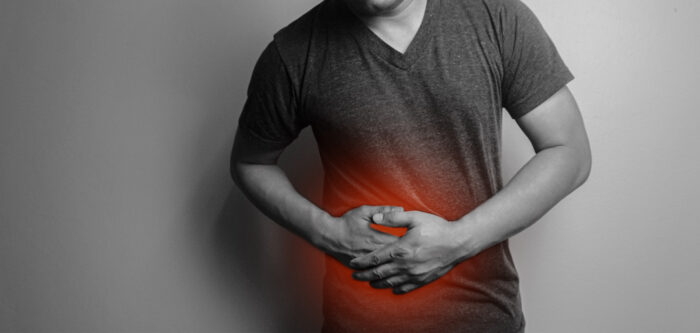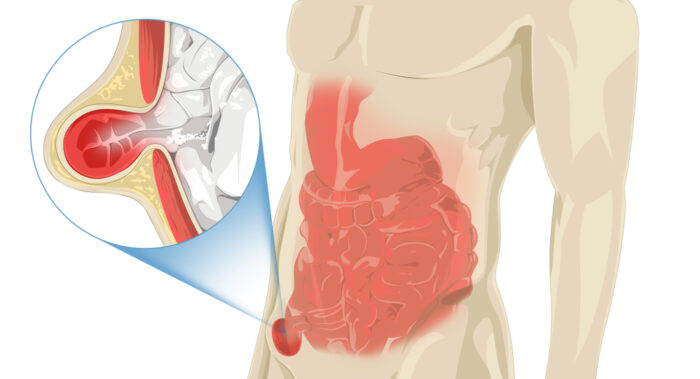Top Things You May Not Have Known About Hernias
A hernia is a very common condition that has a development risk of 2 percent. For this reason, more than 20 million people all over the world get their hernia repaired surgically. However, many of the hernias go untreated, simply because people do not know too much about this condition.

The more you know about your hernia, the easier it should be for you to spot the symptoms. In this blog, you can find out more about hernias so that you are always prepared.
What Is a Hernia?
Hernia is a term that usually describes a protrusion of a muscle or organ through the tissue that contains it. For instance, a hernia may be your intestines poking out through a weak spot in your abdominal wall, creating a bulge.
Hernias can be of different types, such as inguinal, umbilical, femoral, hiatal, or more. Most people know that they have a hernia through the symptoms that come along with it such as pain in the abdominal area or a bulge that seems to pop out whenever they strain in that particular location.
Interesting Facts About Hernias
Here are some facts that will help you understand this condition better:
1. Many People Have No Hernia Symptoms
Very often, a hernia causes no symptoms or pain, and many people are not even aware of their condition. If the hernia is in the abdominal wall or close to the outer areas, the bulge may be the only thing suggestive of the hernia. However, there may be cases where the hernia is hidden behind other organs, causing no bulge. This can go unnoticed for years until it grows big enough to trigger pain.
2. Men Are More Likely to Develop Hernias than Women
While women also have the chance of developing a hernia, men have a higher risk of it. For instance, men are more susceptible to getting an inguinal hernia. This is all because of the anatomical difference between women and men in the groin area.
3. Obesity Puts You at Risk of Hernias
Obesity makes it more likely for someone to develop a hernia. As your abdomen becomes larger, the stress placed on your abdominal wall will also be higher. This can weaken the tissue holding your organs together, putting you at the risk of developing a hernia.

4. You Can Develop a Hernia After Surgery
People who have previously gone through surgery have a higher chance of developing a hernia. This can happen when there is structural weakness around the incision, the hernia usually poking out through the scar. For instance, if you have recently had abdominal surgery, your chances of developing incisional hernias increase.
5. Only Surgery Can Treat Hernias
While many of our physical conditions heal on their own, hernias don’t. In fact, once the weakened tissue ruptures and the organs start poking through, there is no way the hernia can fix itself. The only way for you to treat a hernia is to opt for hernia surgery, which closes and strengthens the tissue holding your organs together.
The Bottom Line
Hernias can be fairly tricky to deal with once they develop. Some of them cause no discomfort. Others cause so much pain, you can barely move. You must understand the stage of your hernia so that you can get it treated. Call Dr. Patrick Moore to see if you need to opt for hernia surgery!
For more information about hernias, you can contact Dr. Patrick Moore, MD, at 951-477-5700. He would be more than happy to answer all of your questions.




